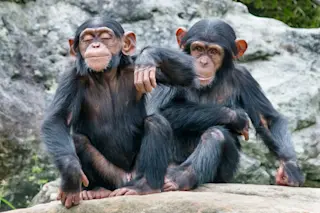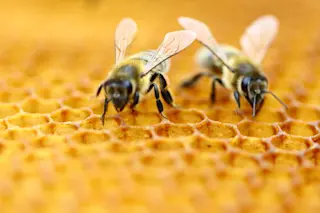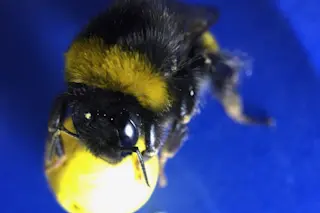If I had to be a country, I definitely wouldn’t want to be Norway. And most people, I bet, would feel the same way.
It’s not that there’s anything particularly wrong with Norway, you understand. With the exception of the Vikings--Norse pirates who plundered the European coast during the eighth century and then went on to lose four Super Bowls--Norwegians have always been a friendly, industrious people. Located halfway above and halfway below the Arctic Circle, Norway is a giant in the cutting-edge industries of luge technology and snow- blower science and leads the world in the production of exotic cities with strange vowels in their names, like Tromsø, Vadsø, Bodø, Chicø, Zeppø, and Harpø.
The problem with Norway is that as countries go, it’s a bit drab, a bit flat, a bit, well, nerdish. The joke passed around the back fences of the European neighborhood has long been that ...












